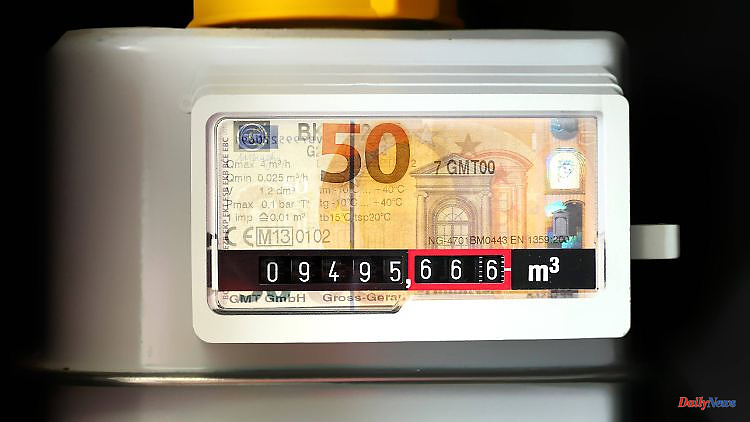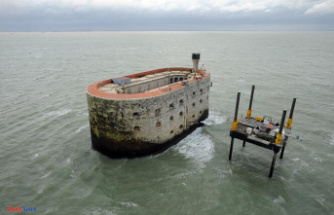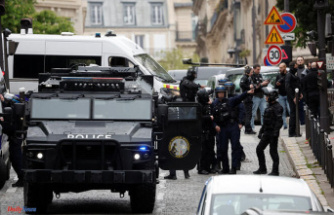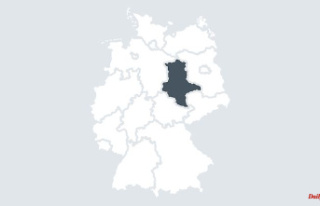A "double boom" is intended to mitigate the consequences of high energy costs for citizens and companies, including the installation of a gas price cap and an electricity price brake. It is still unclear what that will look like. But there are already a few ideas. Here is one of them.
The federal government is once again spending a lot of money and is putting up a comprehensive protective shield of up to 200 billion euros in order to reduce energy prices quickly and noticeably for everyone. Part of the planned measures are also a gas price cap and an electricity price brake.
Expert commissions are still working on the exact design of the price restrictions. One thing is already clear: the price of gas should - at least for part of consumption - be brought to a level that protects private households and companies from being overburdened. And when it comes to electricity, basic electricity consumption is to be subsidized for consumers and small and medium-sized companies. So there are more reliefs.
But before we speculate on how high these could be for individual households, here is an appeal: Even if the state takes numerous measures to ensure that energy costs do not get out of hand, this does not change the scarcity of resources. Reducing personal energy consumption not only serves to keep your own additional burdens as low as possible, but also to secure the supply in the first place. After all, what is the use if, thanks to the measures, electricity and gas remain affordable, but these are not available in sufficient quantities?
Now that that's taken into account, let's get down to the bare numbers. The comparison portal Check24 has shown how high the relief from the gas price cap and electricity price brake could be, using a few examples, as the "Bild" newspaper reports. It should be emphasized that this is only based on assumptions about how the measures in terms of price cap and basic consumption could be designed.
The assumptions: gas price capped at 10 cents per kWh, base consumption fixed at 80 percent, average gas price of 19.7 cents per kWh, VAT of seven percent.
Annual consumption of 20,000 kWh:
Total burden without gas price brake: 3940 euros.
Total burden with gas price brake: 2388 euros.
Saving: 1552 euros.
Annual consumption of 5000 kWh:
Total charge without gas price brake: 985 euros.
Total burden with gas price brake: 597 euros.
Saving: 388 euros.
The assumptions: Electricity price capped at 30 cents per kWh, base consumption fixed at 80 percent, grid fees reduced by 2 cents per kWh, current average electricity price of 43.9 cents per kWh.
Annual consumption of 5000 kWh:
Total load without electricity price brake: 2195 euros
Total load with electricity price brake: 1619 euros
Saving: 576 euros
Annual consumption of 1500 kWh:
Total load without electricity price brake: 659 euros
Total load with electricity price brake: 486 euros
Saving: 173 euros












